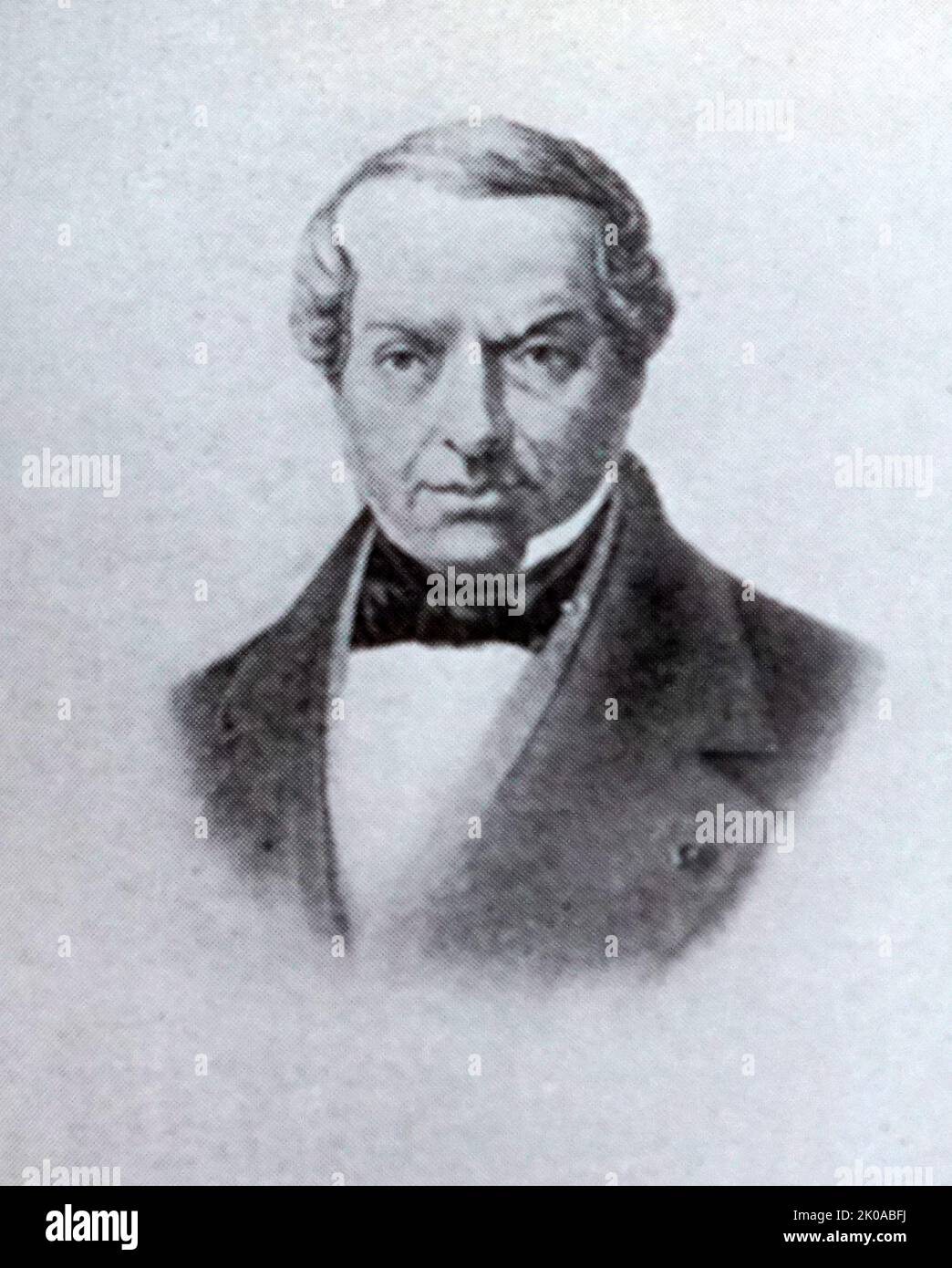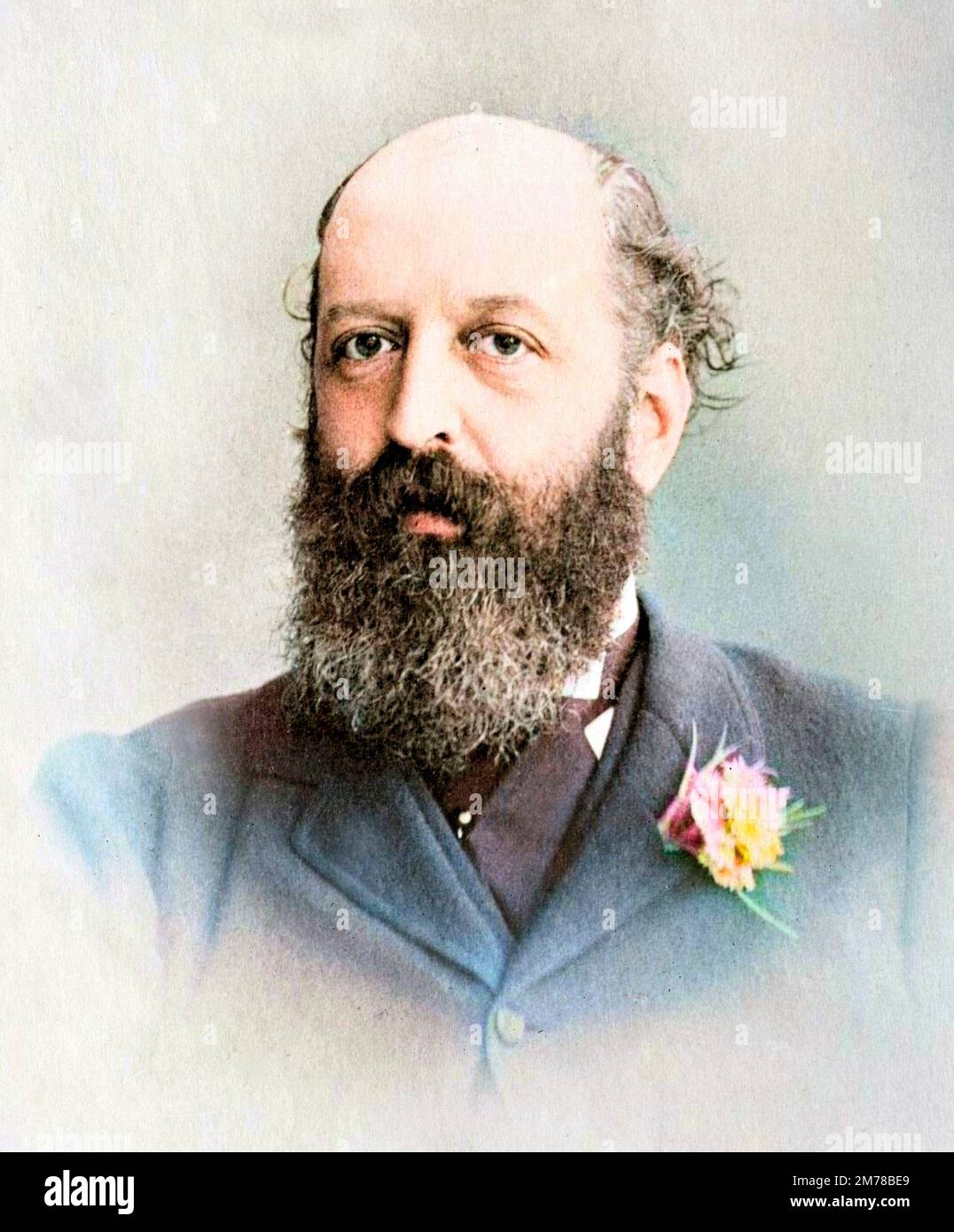Have you ever stopped to think about the true architects of modern finance? It’s almost as if some figures just appear in history, shaping the very way we handle money and trade. One such individual, whose name still resonates in the halls of global banking, is Nathan Mayer Rothschild. He was a man whose vision, as a matter of fact, really helped change the financial world forever, laying down patterns that many still follow today.
He was a key player, you know, in the early 19th century, a time when Europe was in a constant state of flux. This period, very much defined by wars and shifting powers, needed someone with a keen eye for opportunity and a strong will to build. Nathan Mayer Rothschild, it seems, was precisely that person, someone who could see beyond the immediate chaos and build something lasting.
This article will explore the life and remarkable achievements of Nathan Mayer Rothschild. We’ll look at how he built his banking empire, the strategies he used, and, quite frankly, the lasting mark he left on the financial landscape. So, prepare to learn more about a true giant of finance, a figure whose story is just incredibly compelling.
Table of Contents
- Nathan Mayer Rothschild: A Brief Life Story
- Personal Details and Biography
- Building a Banking Powerhouse
- The Waterloo Coup and Beyond
- His Enduring Legacy in Finance
- Frequently Asked Questions About Nathan Mayer Rothschild
Nathan Mayer Rothschild: A Brief Life Story
Nathan Mayer Rothschild's story begins in Frankfurt, Germany, back in 1777. He was the third of five sons born to Mayer Amschel Rothschild, a man who, in a way, started the family's financial journey. His father, a shrewd money lender and dealer in rare coins, taught his children the fundamentals of business from a young age. This early exposure, you know, really set the stage for Nathan's future.
Unlike his older brothers who stayed in Europe to expand the family's presence in various cities, Nathan chose a different path. He moved to Manchester, England, in 1798. His initial venture there was in textile trading, a field that was booming thanks to the Industrial Revolution. He quickly saw the potential in this industry, and, quite frankly, he made a name for himself by efficiently moving goods.
It wasn't long, however, before his attention turned to finance. He saw how money moved, or rather, how slowly it moved, between countries and how much opportunity existed in speeding that up. By 1804, he had shifted his base to London and established N. M. Rothschild & Sons. This move, it's almost as if, marked the true beginning of his banking career and the start of a financial dynasty.
His early years in London were marked by sharp business acumen and a willingness to take calculated risks. He understood the flow of capital better than most, and he used this insight to his advantage. This foundation, you see, allowed him to build something truly special, something that would shape finance for generations.
Personal Details and Biography
To truly appreciate Nathan Mayer Rothschild, it helps to know a little more about the man himself. His life, very much, was a blend of personal dedication and relentless business pursuit. He married Hannah Barent Cohen in 1806, and together they had seven children. His family life, it seems, was important to him, even with his demanding work schedule.
Here’s a quick look at some key details about him:
| Detail | Information |
|---|---|
| Full Name | Nathan Mayer Rothschild |
| Born | September 16, 1777 |
| Birthplace | Frankfurt am Main, Holy Roman Empire (now Germany) |
| Died | July 28, 1836 (aged 58) |
| Place of Death | Frankfurt am Main, Free City of Frankfurt |
| Spouse | Hannah Barent Cohen (married 1806) |
| Children | Lionel Nathan, Charlotte, Anthony Nathan, Nathaniel, Hannah, Mayer Amschel, Louise |
| Known For | Founding the London branch of the Rothschild family banking dynasty, innovation in international finance |
| Key Industry | Banking, Finance, Textiles |
His dedication to work was legendary. He was known for his long hours and his sharp intellect, which, honestly, allowed him to process complex financial information with ease. People often spoke of his ability to quickly grasp market movements and anticipate future trends. This kind of insight, you know, is what made him stand out.
He was, in a way, a self-made man within the context of his family's growing influence. His move to London and his independent ventures show a strong spirit of enterprise. He didn't just inherit success; he built upon it, making his own mark. This, in some respects, is a very important part of his story.
Building a Banking Powerhouse
The rise of N. M. Rothschild & Sons in London was nothing short of meteoric. Nathan Mayer Rothschild understood that information was power, especially in the fast-paced world of international finance. He invested heavily in a network of couriers and agents, establishing a communication system that was, quite frankly, faster than any government's at the time. This network, it seems, gave him an edge that others simply didn't have.
He started by dealing in bills of exchange, which are essentially promises to pay a certain amount of money at a future date. This allowed him to move money across borders without physically transferring gold or silver, which was a slow and risky process. He mastered this art, and, apparently, he became a master at currency arbitrage, profiting from slight differences in exchange rates between different markets.
His real breakthrough came during the Napoleonic Wars. Britain needed to finance its military campaigns on the continent, and Nathan Mayer Rothschild stepped in to facilitate these massive transactions. He arranged for the transfer of subsidies to Britain's allies, often using his family's network across Europe. This was a complex operation, very much, that required trust and incredible logistical skill.
He also became a major player in the British government's bond issues. When the government needed to raise money, they would issue bonds, and Nathan Mayer Rothschild would underwrite them, essentially guaranteeing their sale. This solidified his position as a crucial financier for the British state. It's important to note, this role gave him immense influence and, too it's almost, a direct line to power.
His strategies were innovative for their time. He understood the importance of liquidity, always making sure he had enough capital to seize opportunities or weather financial storms. He was also a pioneer in using a global network for financial advantage, something that is still a cornerstone of international banking today. So, in many ways, he was a true visionary.
The Waterloo Coup and Beyond
The Battle of Waterloo in 1815 provides one of the most famous, if somewhat embellished, stories about Nathan Mayer Rothschild. The tale goes that he received news of Napoleon's defeat hours before the British government. He then, apparently, used this advance information to make a fortune on the stock market. While the exact details are debated, the core idea, you know, of his superior information network, is absolutely true.
He had, as a matter of fact, agents on the ground who relayed information back to London using pigeons and fast ships. This gave him a significant lead over official channels. Whether he manipulated the market by selling bonds to create panic before buying them back cheap, as some legends suggest, is less certain. What is clear, however, is that his network gave him an unparalleled advantage.
This event, regardless of the exact mechanics, cemented his reputation as a financial genius and solidified the Rothschild family's place at the pinnacle of European finance. After Waterloo, his bank continued to grow, becoming a primary lender to governments across Europe. He financed everything from railway construction to the abolition of slavery, which is, honestly, a rather diverse portfolio.
He was instrumental in managing the reparations paid by France after the Napoleonic Wars, a task of immense financial and political sensitivity. This demonstrated his ability to handle large-scale, complex international financial operations. His bank became, in a way, a central hub for European capital, a place where governments and major businesses could find the funds they needed.
His influence extended beyond just lending money. He played a significant role in stabilizing European economies after years of conflict. His firm's ability to move large sums of money quickly and reliably helped to restore confidence in international trade and investment. This was, in some respects, a very important contribution to the broader European recovery.
His Enduring Legacy in Finance
Nathan Mayer Rothschild's impact on finance, it's almost as if, continues to shape our world even today. He established principles and practices that are still fundamental to international banking. One of his most important contributions was the concept of a truly international banking house, with branches in key financial centers. This network, you know, allowed for coordinated financial operations on a global scale.
He championed the idea of diversified investments and strong capital reserves, ideas that are now standard practice for financial institutions. He understood that a bank needed to be robust enough to handle unexpected shocks, and he built his firm with that in mind. This foresight, frankly, saved his firm from many potential downturns.
The Rothschild family, thanks in large part to Nathan's efforts, became synonymous with wealth and influence. Their story is often used to illustrate the power of strategic financial planning and the importance of a strong family bond in business. Even now, the name Rothschild, you see, evokes images of immense financial power.
His life also shows the close relationship between finance and politics. Governments relied on his bank for funding, which gave him a unique position to influence events. This connection, in a way, highlights how financial strength can translate into geopolitical sway. It's a lesson that, very much, remains relevant today.
Today, financial markets are far more complex, but the underlying principles of information, liquidity, and international reach, which Nathan Mayer Rothschild mastered, are still at their core. His story reminds us that innovation in finance is not just about new technologies, but also about new ways of thinking about money and its movement. Learn more about financial history on our site, and discover other figures who shaped our world. You can also discover other banking pioneers who made their mark on history.
Frequently Asked Questions About Nathan Mayer Rothschild
How did Nathan Mayer Rothschild become so wealthy?
Nathan Mayer Rothschild built his wealth through several key strategies. He started in textile trading in Manchester, then moved into banking in London. He excelled at currency arbitrage, profiting from exchange rate differences, and became a major dealer in bills of exchange. His real financial success, however, came from financing the British government during the Napoleonic Wars, arranging large loans and subsidies. He also developed a superior information network, giving him early access to market-moving news, which, honestly, allowed him to make very shrewd investment decisions. This combination of shrewd trading, government finance, and information advantage, you know, really propelled his fortune.
What role did Nathan Mayer Rothschild play in the Napoleonic Wars?
Nathan Mayer Rothschild played a crucial role in financing the British war effort against Napoleon. He was instrumental in transferring funds from Britain to its allies on the European continent, a complex logistical challenge given the ongoing conflict. His family's network across Europe allowed for efficient and secure movement of these vast sums of money. Furthermore, he helped the British government raise capital by underwriting its bond issues. His superior intelligence network also provided him with early news of events like the Battle of Waterloo, which, as a matter of fact, gave him a significant advantage in the financial markets. So, in many ways, he was a vital financial pillar for Britain during that time.
What is the Rothschild family's legacy today?
The Rothschild family's legacy today is, quite frankly, immense and multifaceted. They are known for establishing a global banking dynasty that pioneered international finance. Their emphasis on a strong family network, diversified investments, and robust capital reserves set standards for modern banking. While the original banking houses have evolved, the family still has significant interests in various sectors, including finance, real estate, mining, and charitable foundations. Their name remains synonymous with wealth, influence, and a history of significant contributions to global finance and philanthropy. It's almost as if, their influence continues to be felt in many areas, even in this very different modern world.



Detail Author:
- Name : Alivia Hodkiewicz IV
- Username : vonrueden.patricia
- Email : jordi39@turcotte.org
- Birthdate : 1979-03-10
- Address : 452 Gennaro Path East Adriannafurt, MD 32766-6496
- Phone : +1 (205) 651-9756
- Company : Aufderhar LLC
- Job : Pharmacist
- Bio : Aliquid in aut deleniti occaecati velit facere saepe. Sint laudantium et vitae voluptatem asperiores. Unde sunt fuga tenetur non eos eum. Recusandae iste necessitatibus et iusto tempore quia.
Socials
tiktok:
- url : https://tiktok.com/@jacerunolfsson
- username : jacerunolfsson
- bio : Quas recusandae odit temporibus non repudiandae.
- followers : 4852
- following : 2703
facebook:
- url : https://facebook.com/jace.runolfsson
- username : jace.runolfsson
- bio : Ipsam soluta est et porro aspernatur excepturi.
- followers : 3749
- following : 347
instagram:
- url : https://instagram.com/jace.runolfsson
- username : jace.runolfsson
- bio : Porro non et fugiat molestias facere. Ex ex nihil quas magnam aspernatur omnis et.
- followers : 4106
- following : 55
linkedin:
- url : https://linkedin.com/in/jace7505
- username : jace7505
- bio : Animi odio ipsum ex.
- followers : 866
- following : 1212
twitter:
- url : https://twitter.com/runolfssonj
- username : runolfssonj
- bio : Voluptatem cumque quia id veritatis praesentium non voluptas. Molestias laudantium illum dolorem sunt eaque est.
- followers : 6202
- following : 1446